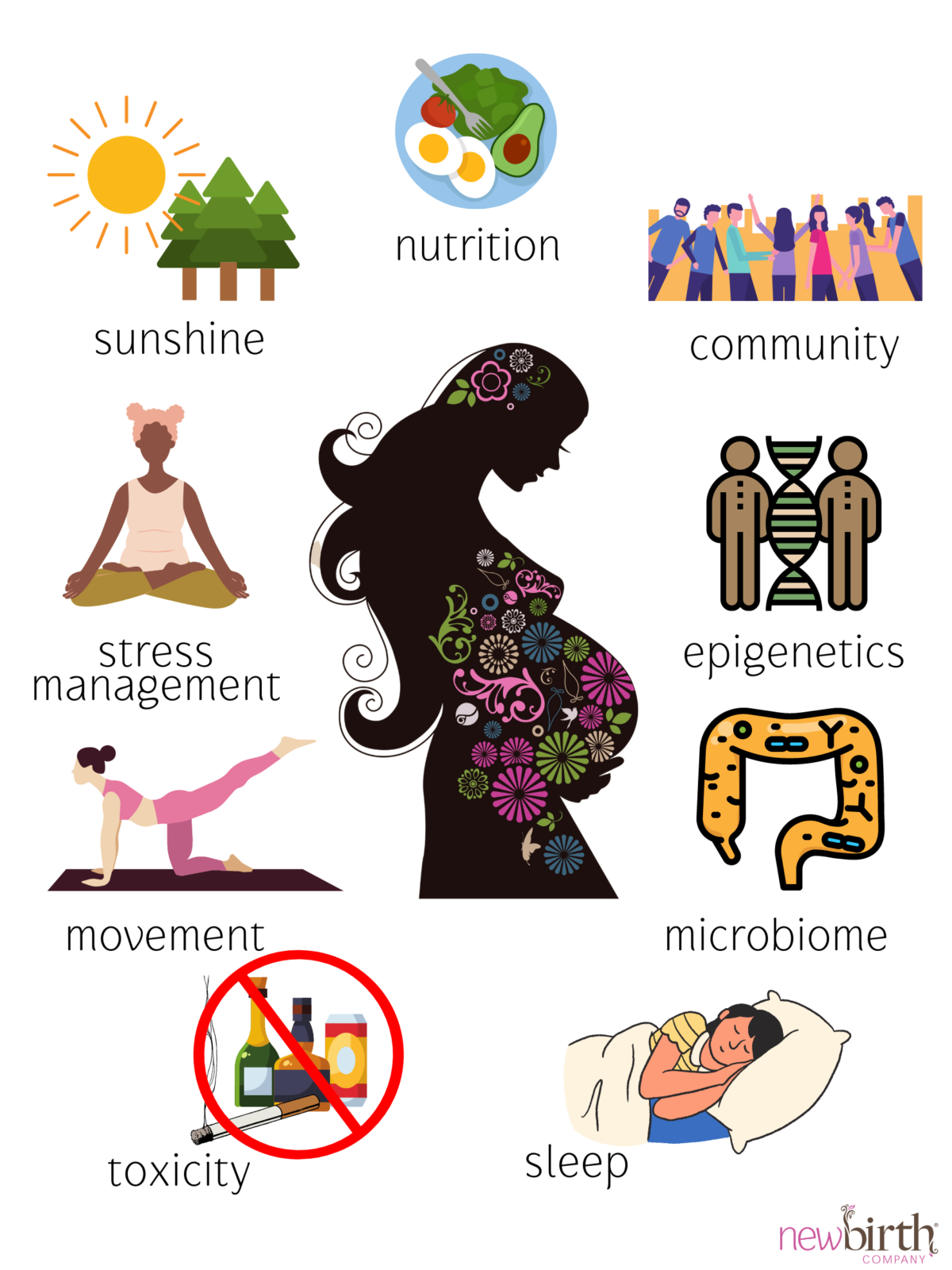
Stress Nutrition during Pregnancy: A Comprehensive Guide
Pregnancy is a transformative journey that brings immense joy and anticipation. However, it can also be accompanied by a myriad of physical and emotional challenges, including stress. Stress during pregnancy is a common occurrence, affecting up to 80% of expectant mothers. While some stress is normal and even beneficial, excessive or chronic stress can have detrimental effects on both the mother and the developing fetus.
Understanding Stress and Its Impact on Pregnancy
Stress is a natural response to challenges or threats. It triggers a cascade of physiological changes, including the release of stress hormones such as cortisol and adrenaline. These hormones prepare the body for a "fight or flight" response, increasing heart rate, blood pressure, and muscle tension.
During pregnancy, stress can have a variety of negative consequences, including:
- Increased risk of preterm birth and low birth weight: Chronic stress can lead to the release of inflammatory cytokines, which have been linked to preterm labor and premature rupture of membranes. It can also impair placental function, reducing the flow of nutrients and oxygen to the fetus.
- Gestational diabetes and preeclampsia: Stress can disrupt hormonal balance, increasing the risk of developing gestational diabetes and preeclampsia, a serious condition characterized by high blood pressure and protein in the urine.
- Mental health issues: Stress during pregnancy can exacerbate existing mental health conditions or trigger new ones, such as anxiety and depression. It can also impair sleep quality and concentration.
- Developmental problems in the fetus: Prolonged stress can affect fetal brain development, leading to cognitive and behavioral problems later in life.
Nutritional Strategies to Manage Stress during Pregnancy
While stress cannot be completely eliminated during pregnancy, there are several nutritional strategies that can help expectant mothers manage its effects and promote a healthy pregnancy:
1. Focus on a Balanced Diet:
- Consume a nutrient-rich diet that includes plenty of fruits, vegetables, whole grains, and lean protein.
- These foods provide essential vitamins, minerals, and antioxidants that support overall health and well-being.
2. Omega-3 Fatty Acids:
- Omega-3 fatty acids, found in fatty fish (e.g., salmon, tuna), flaxseeds, and walnuts, have anti-inflammatory properties that can help reduce stress levels.
- They also play a crucial role in fetal brain development.
3. Magnesium:
- Magnesium is a mineral that promotes relaxation and reduces muscle tension.
- Good sources of magnesium include leafy green vegetables, almonds, and avocados.
4. B Vitamins:
- B vitamins, particularly vitamin B6 and folate, are essential for maintaining a healthy nervous system.
- They can help reduce stress and anxiety.
- Good sources of B vitamins include whole grains, legumes, and fortified cereals.
5. Vitamin C:
- Vitamin C is a powerful antioxidant that can help protect the body from the damaging effects of stress.
- It is found in citrus fruits, berries, and bell peppers.
6. Adaptogenic Herbs:
- Certain herbs, such as ashwagandha, rhodiola, and holy basil, have adaptogenic properties that can help the body cope with stress.
- They can be consumed in tea, capsule, or tincture form.
7. Probiotics:
- Probiotics are live bacteria that support gut health.
- A healthy gut microbiome has been linked to reduced stress levels.
- Good sources of probiotics include yogurt, kefir, and fermented foods.
8. Hydration:
- Staying well-hydrated is essential for overall health and can help reduce stress levels.
- Drink plenty of water throughout the day.
9. Avoid Caffeine and Alcohol:
- Caffeine and alcohol can both increase stress levels and should be avoided during pregnancy.
10. Exercise and Relaxation Techniques:
- Regular exercise can help reduce stress and improve mood.
- Engage in moderate-intensity exercise for at least 30 minutes most days of the week.
- Relaxation techniques, such as yoga, meditation, and deep breathing exercises, can also help manage stress.
When to Seek Professional Help
If stress during pregnancy becomes overwhelming or interferes with daily life, it is important to seek professional help. A healthcare provider can assess the situation and recommend appropriate interventions, such as:
- Counseling: Therapy can help expectant mothers develop coping mechanisms, manage anxiety, and improve overall well-being.
- Medication: In some cases, medication may be prescribed to manage severe stress or anxiety.
- Support Groups: Joining a support group can provide a sense of community and support from others who are experiencing similar challenges.
Conclusion
Stress during pregnancy is a common and potentially harmful occurrence. By adopting a balanced nutritional approach, engaging in stress-reducing activities, and seeking professional help when necessary, expectant mothers can effectively manage stress and promote a healthy pregnancy for both themselves and their developing babies. Remember, taking care of your mental and emotional health is just as important as taking care of your physical health during this transformative journey.